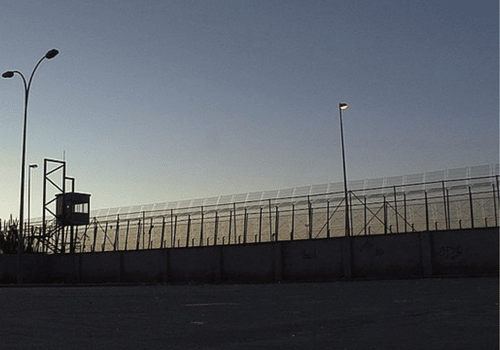
In this article for Open Access Government, Antonio De Lauri (NCHS Director) discusses the purpose of humanitarian negotiations, diplomacy and the ethics of border control.
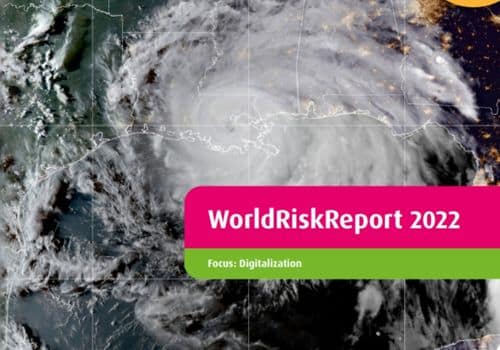
The 2022 edition of the WorldRiskReport includes contribution by NCHS associates, offering an overview of the digital risks in disaster situations.
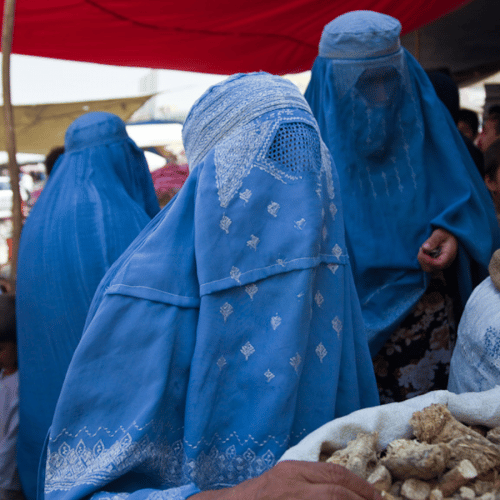
One year on from the Taliban taking control of Afghanistan and in the face of a growing humanitarian crisis, this PRIO blog discusses how Norway and the rest of the world should respond to the Taliban regime.

Report finds ‘Do no digital harm’ has emerged as an important humanitarian imperative, following contributions from PRIO project.

The war in Ukraine has significant consequences for food security in the Global South. This NUPI report examines how Norwegian aid partner countries’ food security is affected by the war.
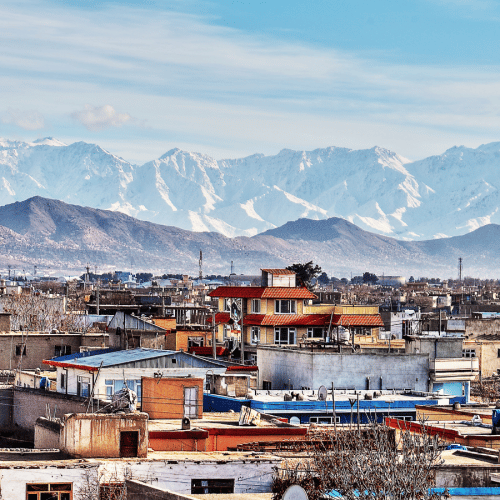
NCHS associate, Ayşe Bala Akal, is set to present at an upcoming HHI webinar on security and risk analysis in humanitarian negotiations.
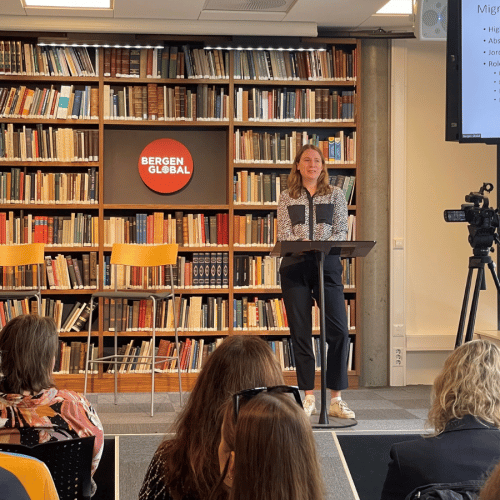
This seminar examines the impact of the EU’s external migration policies in Jordan, with a focus on competing priorities in education and employment.
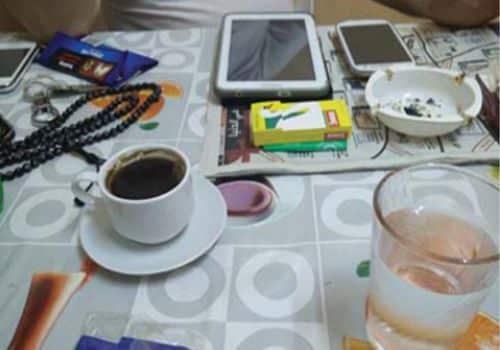
You are invited to the launch of “Mediated Lives – Waiting and Hope Among Iraqi Refugees in Jordan” a book by Mirjam Twigt looking how ICTs play out in the everyday experiences of urban refugees.
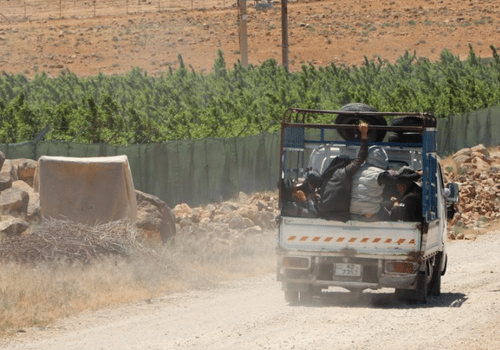
You are invited to this breakfast seminar on 1 September discussing the impact of the EU’s external migration policies in Jordan. Held in-person in Bergen and online.
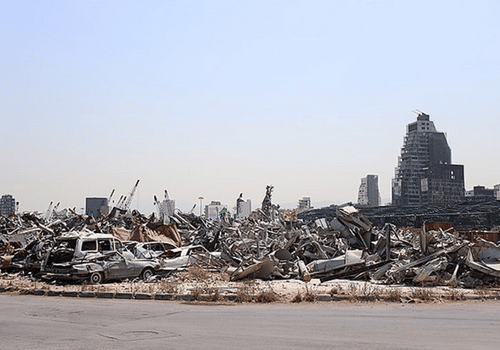
This paper examines Lebanon’s disaster response institutions and argues that the 2020 Beirut blast presents an opportunity to ‘build back better’ and overhaul contemporary institutional arrangements.